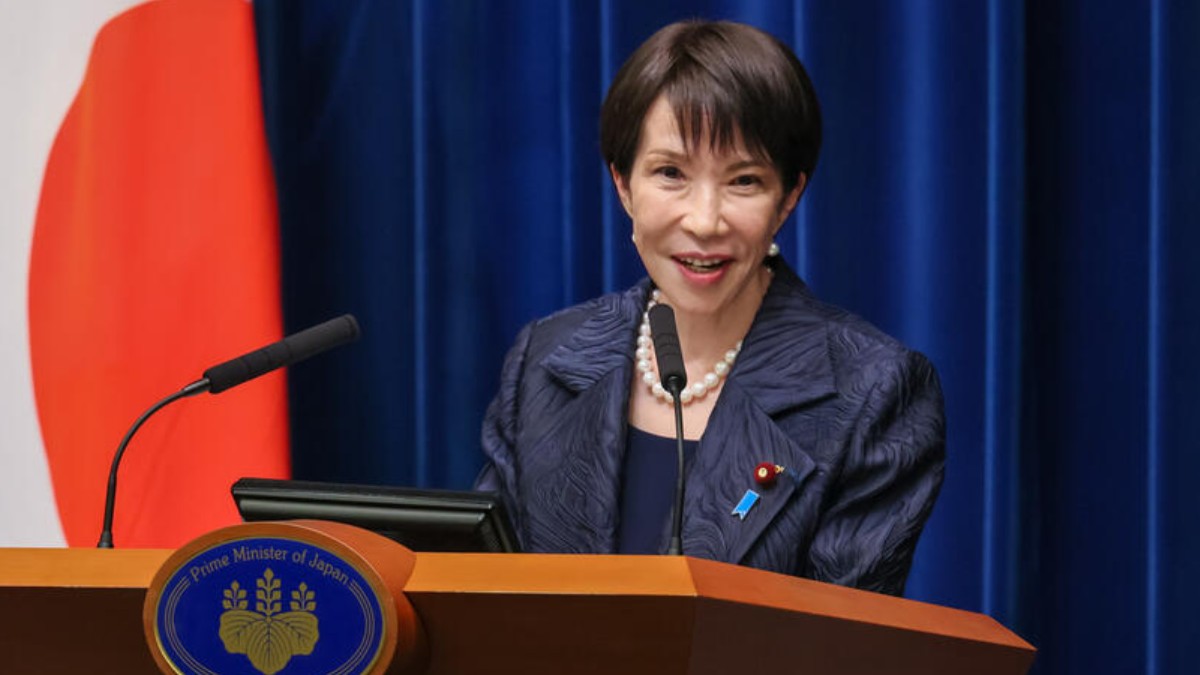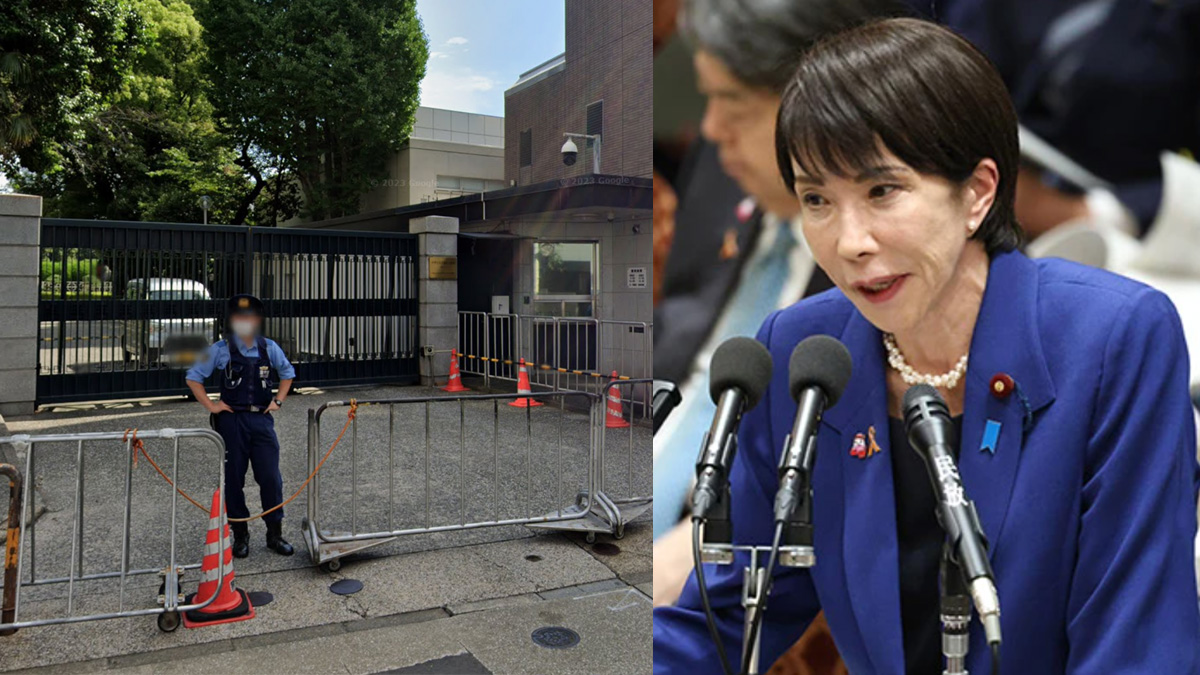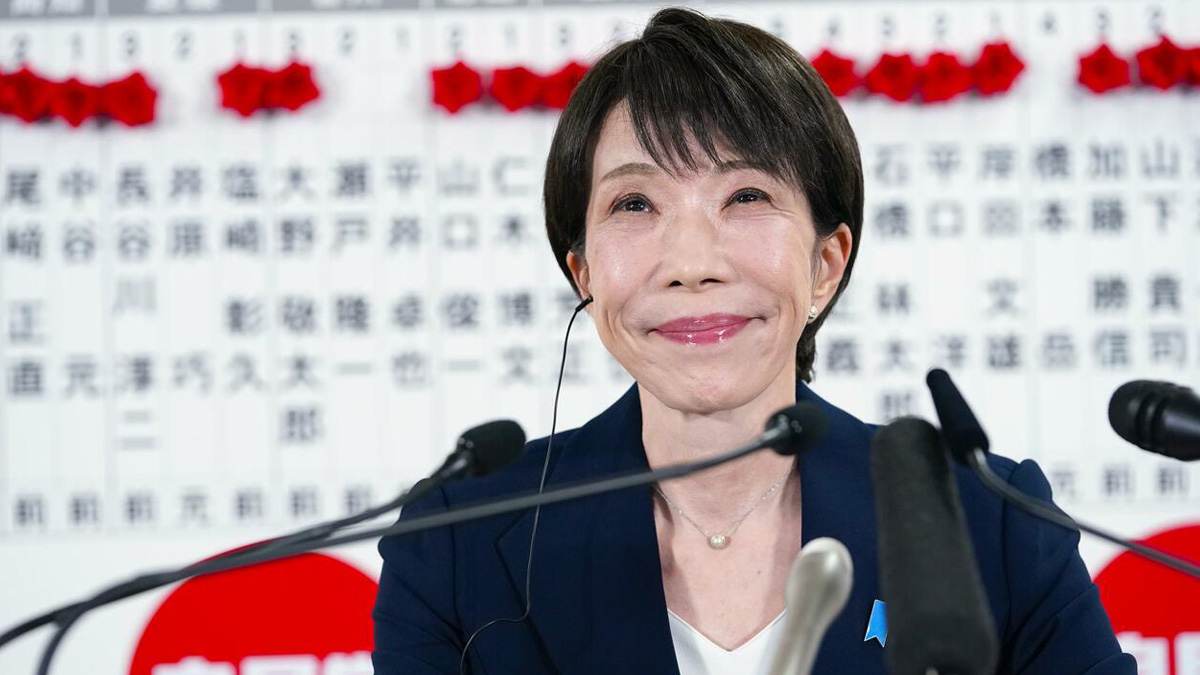Japanese cabinet to forgo ministerial allowances under Takaichi's reform push
Japan's new Prime Minister Sanae Takaichi will cut additional ministerial allowances, aligning cabinet pay with that of ordinary lawmakers. The move, part of her fiscal reform agenda, has drawn both praise and criticism as Parliament considers a law revision.

- Japanese Prime Minister Sanae Takaichi to cut cabinet ministers’ allowances as part of political reform.
- Cabinet members will now earn only their base lawmaker salary, pending legislation in the current Diet session.
- The move receives mixed reactions amid broader debates on government spending and income policies.
The Japanese government has decided to eliminate supplementary allowances for Prime Minister Sanae Takaichi and cabinet ministers, marking a significant step in the administration’s push for fiscal and political reform.
At a meeting held on 11 November 2025, the government reportedly decided in principle to suspend the allowances, which are paid on top of lawmakers' standard salaries. The decision aligns with Prime Minister Sanae Takaichi’s longstanding commitment to administrative and fiscal reform.
Takaichi stated at her inaugural press conference in October that she would "work on a law revision so that cabinet members do not receive pay exceeding lawmakers’ salaries." Her remarks have since been widely cited in domestic and regional media, including reports by TBS News and Jiji Press.
Currently, members of Japan's Diet receive a base monthly salary of ¥1.294 million (approximately S$11,050). In addition, the prime minister is granted a further ¥1.152 million (about S$9,830), while other cabinet ministers receive ¥489,000 (around S$4,170). These supplementary amounts are described as allowances for holding executive office in government.
As part of previous fiscal restraint efforts, these top-up payments are already partially returned voluntarily—30% in the case of the prime minister and 20% for other ministers. This reduces the effective allowance to approximately ¥390,000 (S$3,330) and ¥110,000 (S$940) respectively.
According to Japanese media including Shimotsuke Shimbun, the current government decision is positioned as a symbolic measure intended to signal willingness to “cut one’s own flesh” in pursuit of reform. The allowances will reportedly be suspended “for the time being,” though details on the legal mechanism or duration have not been clarified.
The move has drawn support from the Japan Innovation Party (Nippon Ishin no Kai), which joined the Liberal Democratic Party in coalition talks earlier this year. Its co-leader Fumitake Fujita described the proposal as “wonderful” and in line with the party’s push for greater transparency and fairness in political remuneration.
The revised legislation is expected to specify that the suspension of allowances will apply “for the time being,” indicating a provisional but potentially long-term shift in remuneration policy.
A senior government official echoed this sentiment, stating, “It reflects the prime minister's willingness to carry out painful reforms if Nippon Ishin does so.”
However, opposition voices have expressed concern. Yuichiro Tamaki, leader of the Democratic Party for the People, criticised the plan as “a symbol of the deflationary mindset,” particularly as the government is simultaneously calling for wage increases across the broader economy.
“I have mixed feelings,” an incumbent cabinet minister admitted, highlighting internal ambivalence about the move’s practical and political consequences.
Some analysts suggest that while the amount of money involved is modest in the context of national finances, the symbolic gesture could either bolster public trust or appear out of step with broader economic goals.
As of now, it remains unclear whether the suspension of allowances will be enforced solely through internal administrative adjustment or if a formal legislative mechanism will be introduced before the end of the current extraordinary Diet session in December.







